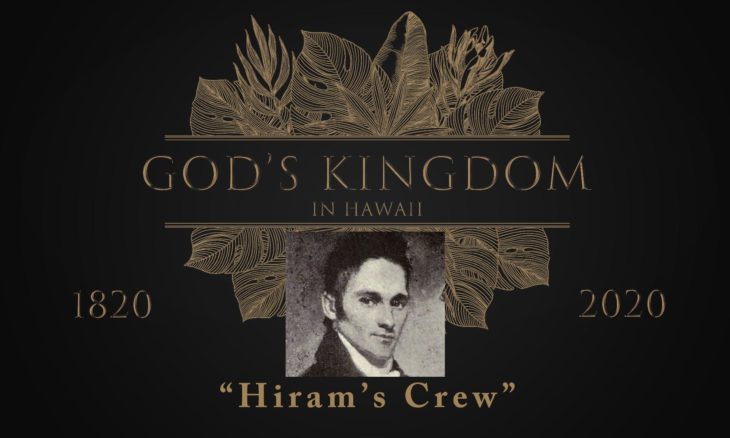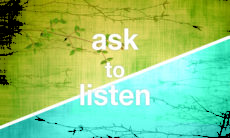Good morning New Hope! I want to welcome you to our service. This year marks the bicentennial of the gospel coming to Hawaii and the birth of God’s Kingdom in these islands. For 200 years, countless souls have been added to the beautiful lei of Christian believers here in Hawaii and today we are the tip of the needle. That’s why it’s so important to remember what God has done, lest we forget who we are.
In Judges 2 we read this,
“7The people served the Lord throughout the lifetime of Joshua and of the elders who outlived him and who had seen all the great things the Lord had done for Israel.”
The people in Joshua’s day knew the great and wondrous things God had done but after Joshua’s death, it says this in verse 10,
“10After that whole generation had been gathered to their ancestors, [In other words, Joshua and that entire generation had died] another generation grew up who knew neither the Lord nor what he had done for Israel.”
You see, Israel had a problem and it was that they kept forgetting who they were. This is why God commanded His people to tell and to retell the stories of who they were from generation to generation. God even put certain traditions in place so that they would remember. Last week we received communion together, which is a symbol of remembrance. Why? Because the moment we forget, we start to drift. This is a value the Hawaiian people have always understood — they have a rich history of oral tradition and storytelling and understand the importance of keeping these stories alive because when we forget where we come from, we forget who we are. And God’s fingerprints are all over the history of Hawaii but if we forget these stories, we too will drift.
So this bicentennial we want to remember what God has done. But how many of us know that God was at work in these islands long before the first missionaries arrived in 1820?
The Bible tells us in the book of Romans that since the creation of the world, God’s invisible qualities — His eternal power and divine nature — have been clearly seen, [how so?] being understood from what has been made. In other words, God created everything around us — the heavens, the stars, the ocean, and all living things to point to Him. He has put Himself on display in all of creation. Ecclesiastes 3 says that God has set eternity in the human heart.
For many years, the Hawaiian people understood that there was one God.
They called him I`O. They believed all life flowed from one Akua (God) and this was represented in the daily lifestyle of the Ahupua`a where everything belonged to God and was harvested with His permission. Each person took as was needed and if anyone was in need the people shared because I`O, through the land, would provide for everyone’s needs. One people, one land, one God.
This continued until the 13th-14th century when a new religious system was brought over from Tahiti by a priest called Pa`ao and a warring chief Pili. Pa`ao and Pili erected walled heiau for worship of their four primary gods, the lesser gods and goddesses, and thousands of other deities. The dark side of this religious system was that it was used to control the people and introduced human sacrifices and a system of tabu or kapu that, if broken, was punishable by death.

This religious system continued until the 1700’s through the time of King Kamehameha the Great. This was also the time of Henry ʻŌpūkahaʻia who witnessed his aunty being thrown from a Pali (cliff) to her death for breaking kapu.
Last week we learned, Henry ʻŌpūkahaʻia eventually fled Hawaii along with his good friend, another Native Hawaiian named Thomas Hopu.
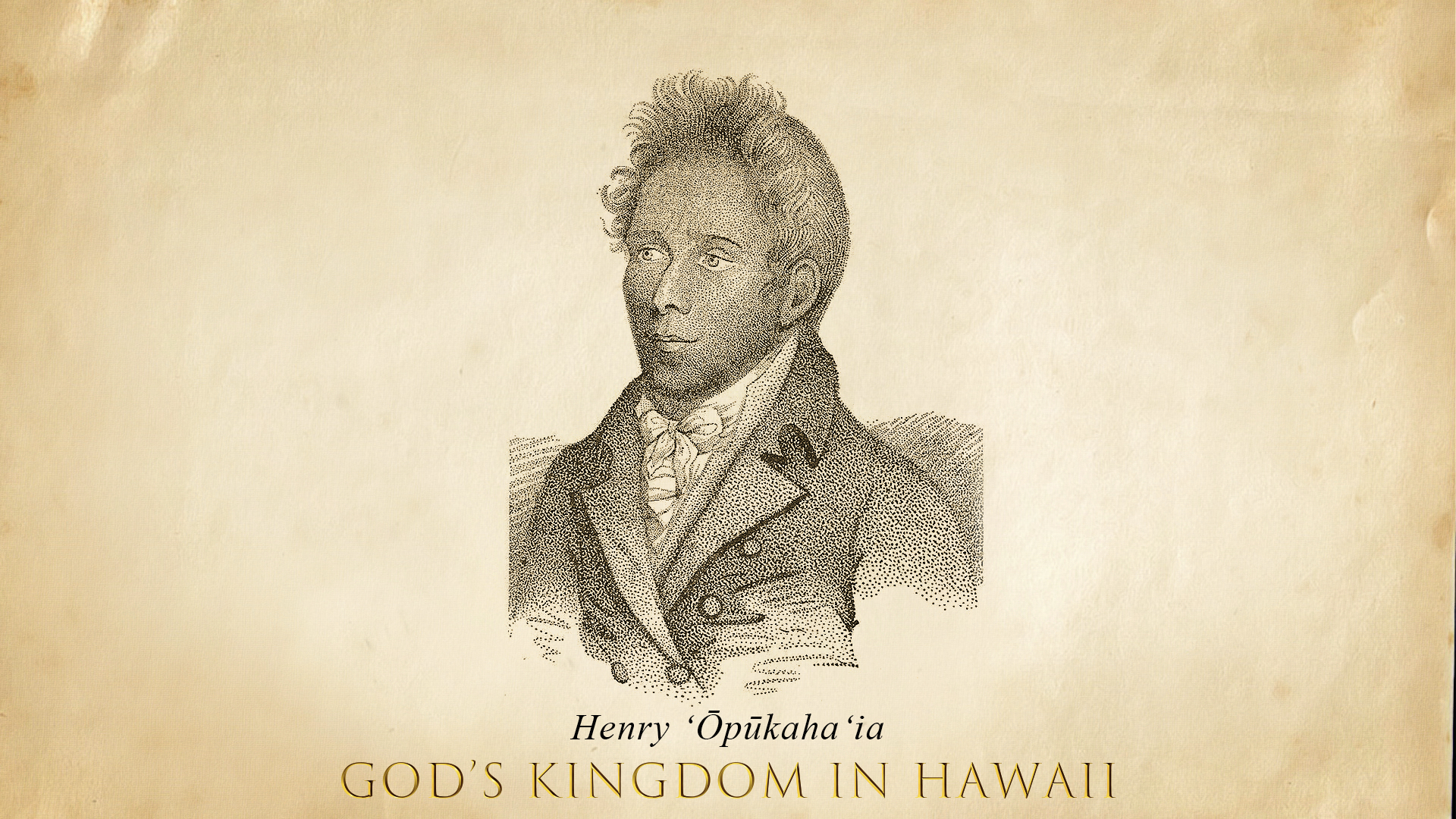
The two of them found themselves in New Haven, Connecticut where they received an education, came to faith in Jesus, and were trained as missionaries to bring the gospel back to Hawaii. Sadly, as we learned, Henry died before fulfilling that mission, but his dying prayers and memoirs helped to spark a Missions movement that would go in his place. Henry ʻŌpūkahaʻia (Opu – stomach, Kahaʻia – to cut) Hawaii was going through terrible birthing pangs but from it, God would eventually bring forth life to many.
Today we’re going to hear the story of the first wave of missionaries to reach the Hawaiian Islands because of Henry ʻŌpūkahaʻia’s life. This is the story of Hiram’s crew.
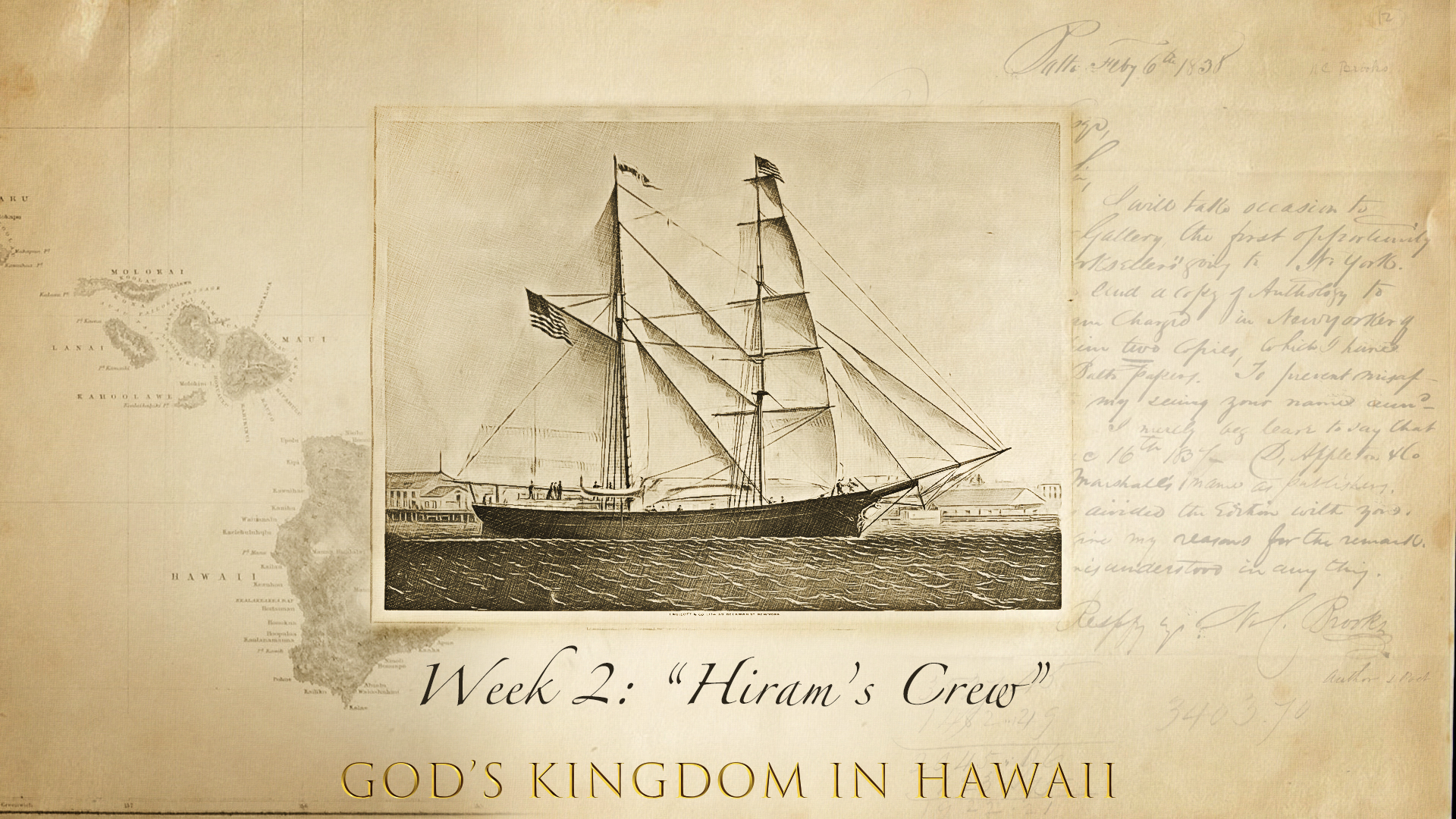
I need to make a confession. Up until this series I knew very little about this part of our history or about the missionaries. The last time I learned about this was during Hawaiiana class in elementary school. So as I began to do research, I had a natural bias against the missionaries and western influences during that time. I often found myself singing that song by Mana Kaleilani Caceres, “They took the land, they took Aloha, overthrew the Queen even though they didn’t know her!” But when we visited the Hawaiian Mission Home and I began to read the memoirs of Hiram Bingham I discovered a very different side of the story. I found actual men and women who were yes, imperfect and flawed; they were products of their culture and the times they lived in, and yet they possessed many convictions and beliefs that challenged me. I want to share three things I learned from Hiram Bingham and the first Missionaries to come to Hawaii as well as a few misconceptions I had about the Missionaries that were debunked.
- A LIFE ON FIRE SPARKS REVIVAL.
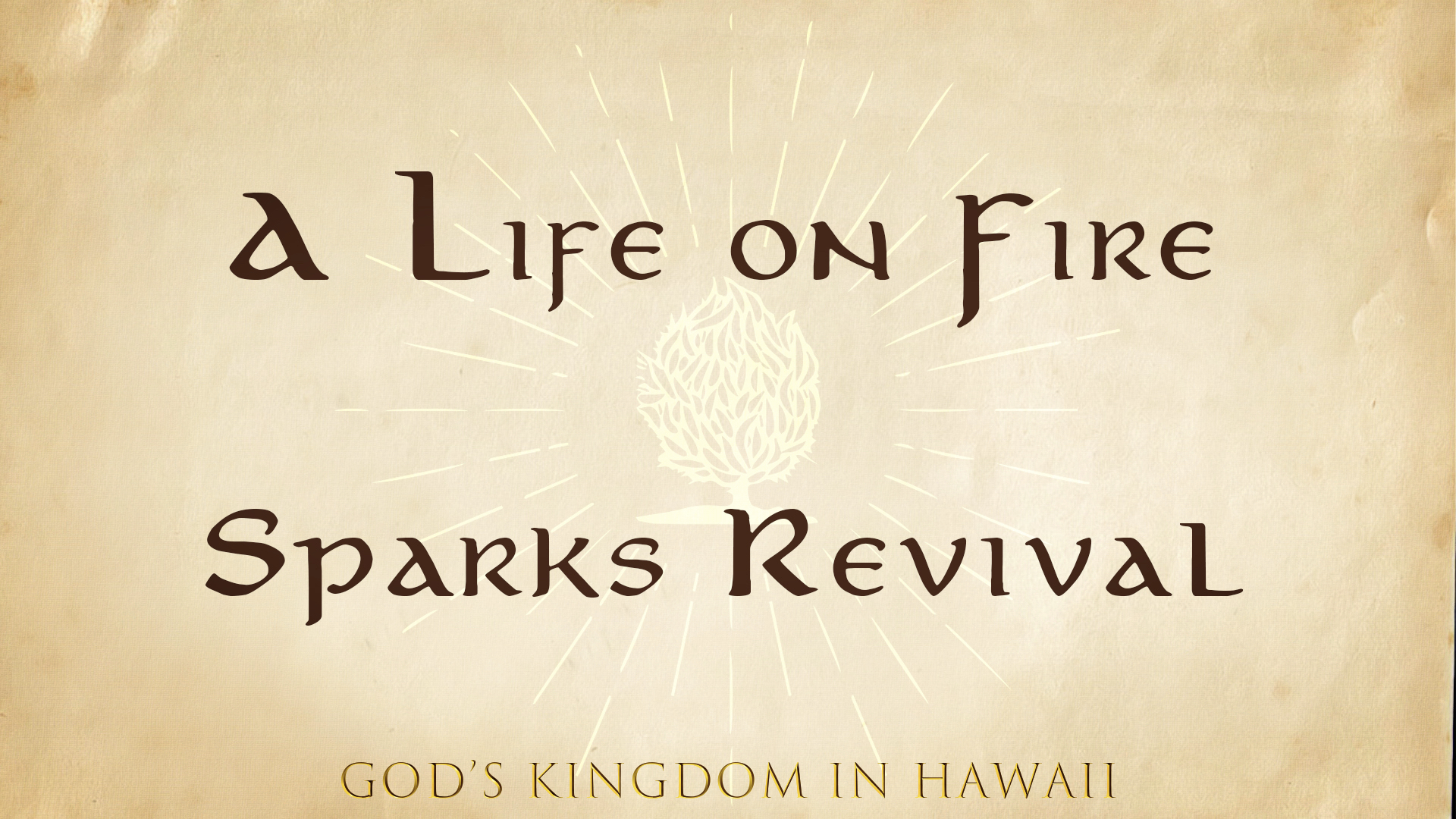
Theologian John Wesley said, “Light yourself on fire with passion and people will come from miles to watch you burn.”
14 “You are the light of the world. A town built on a hill cannot be hidden. 15 Neither do people light a lamp and put it under a bowl. Instead they put it on its stand, and it gives light to everyone in the house.”
(Matthew 5:14-15 NIV).
Jesus tells us that the purpose of our light is to illuminate the darkness (Imagine someone walking around with a flashlight during the day). If the only time we let our light shine is here in Church, when we are with other Christians, the Bible says that’s like putting your light under a bowl. But when the first team of Missionaries heard, from Henry ʻŌpūkahaʻia and the other Native Hawaiian Christians that the people of Hawaii had not received the light of Christ and were living in spiritual darkness, they believed it was their mission to bring the gospel to Hawaii no matter what the cost.
As news began to spread of this Mission endeavor, Hiram Bingham writes in his memoirs of people’s reactions. (Disclaimer: This was pre Civil-War, so his language reflects that time. But see if you can catch his heart).
“While thousands treated the self-immolation of the missionaries, and the general plan of seeking the good of the heathen, at Christ’s command, whatever it might cost, as truly commendable, tens of thousands regarded it as foolish or fanatical, an uncalled for sacrifice of comfort, property, and life.”
Hiram Bingham
That term self-immolation refers to lighting oneself on fire. The missionary team was composed of 7 young married couples as well as 4 Hawaiians, all in the prime of life — late 20’s to early 30’s. Most of the Americans were newly wed. Hiram and Sybil Bingham were married only 12 days when they departed from Boston for Hawaii. Talk about a Hawaii Honeymoon cruise. This was an 18,000 mile journey around Cape Horn (the southern tip of South America). Instead of a cruise-liner they would be sailing the open waters aboard the Thaddeus — a 90 Ft. vessel.
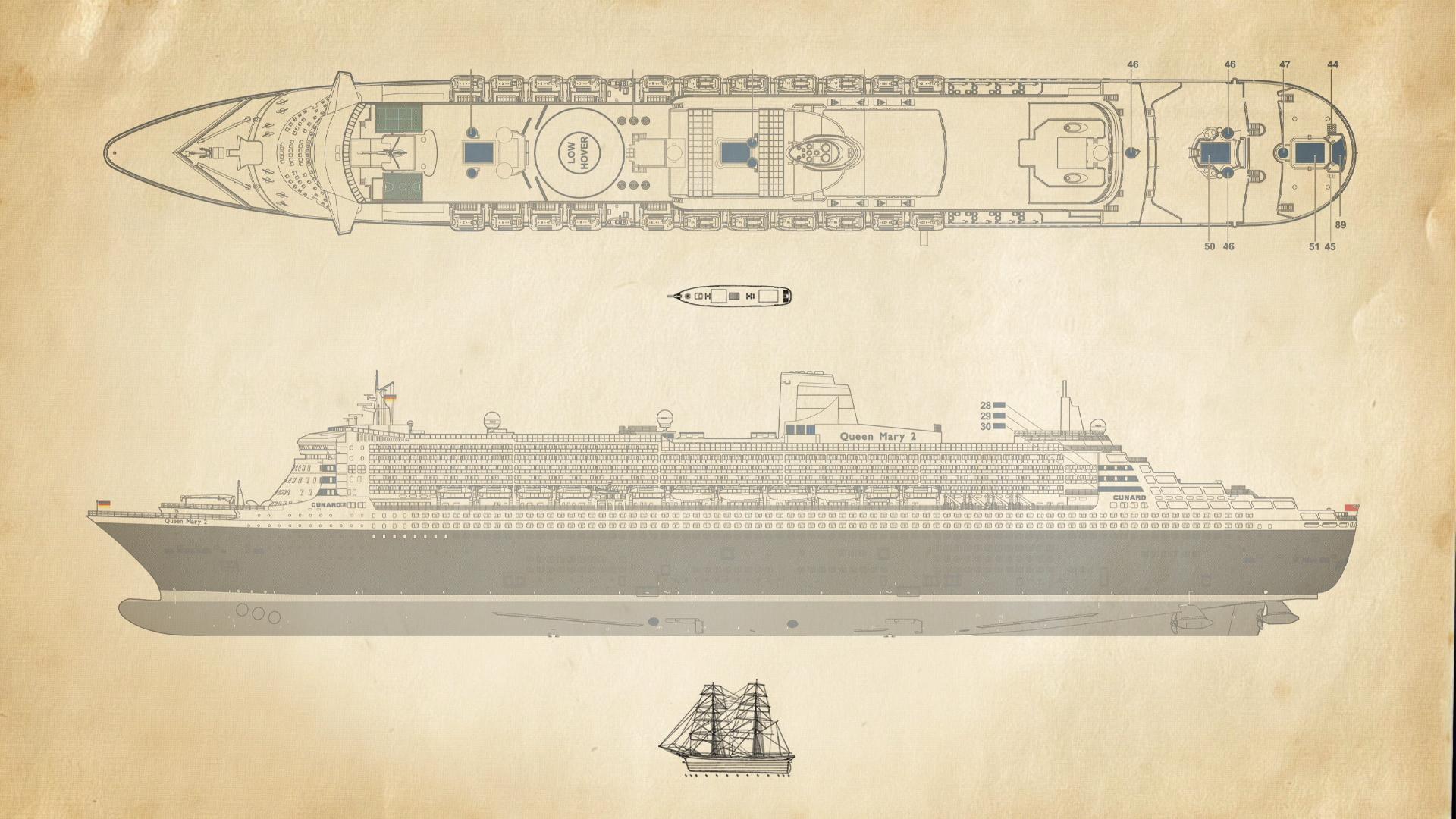
Instead of a balcony stateroom, they would be crammed into tiny boxes with the rest of the crew and passengers.
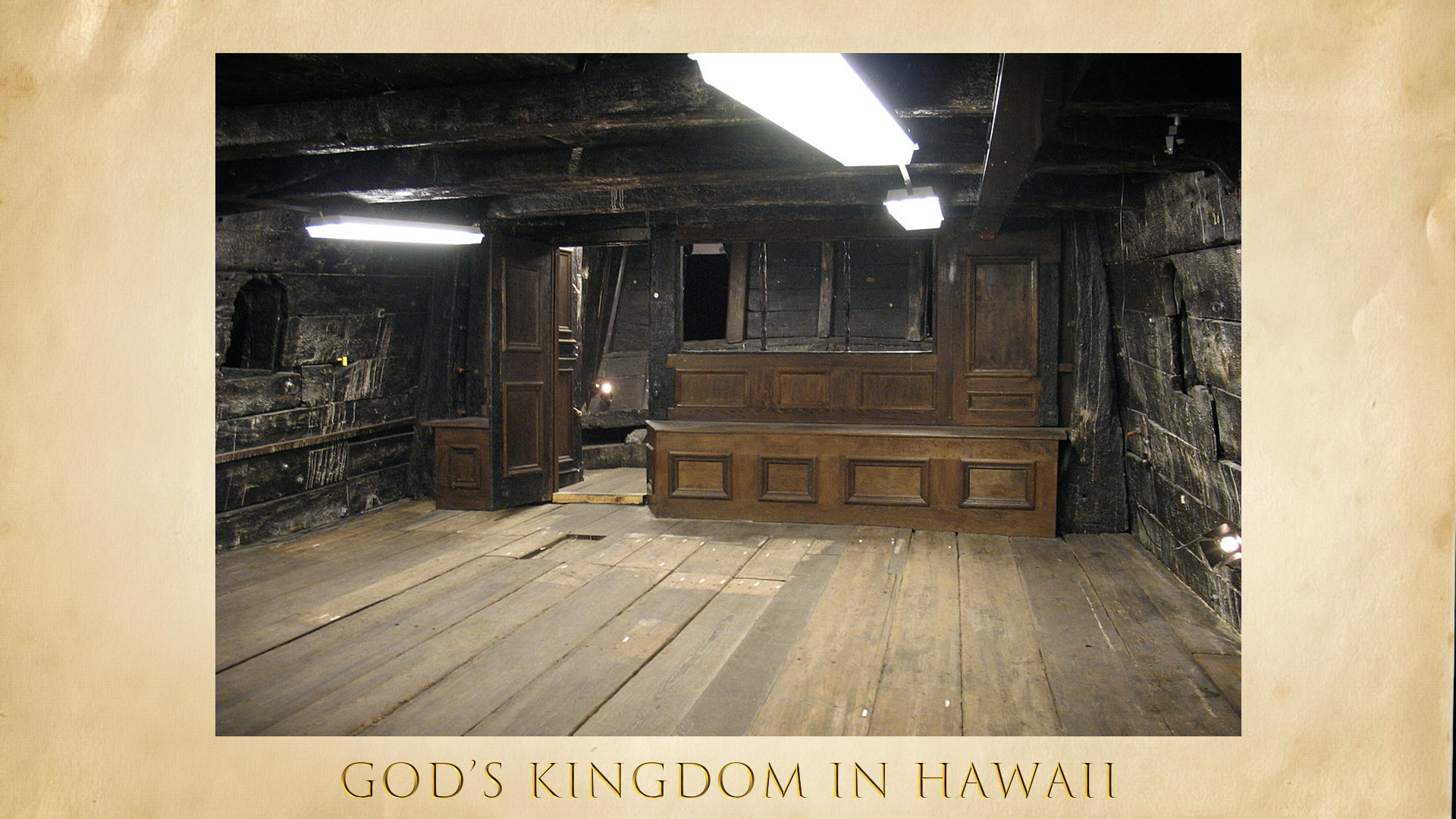
One missionary couple in their 30s — the Chamberlains, had a beautiful home and farm they were leaving behind with their 5 young children. At Park St. Church, (the Church where they were commissioned) there is a letter from Hiram Bingham bidding his family goodbye, thinking he may never see them again. He writes in his memoirs,
“Nearly all the missionaries from the United States, on resolving to devote themselves to the heathen, were strenuously opposed by their parents, relatives and friends.”
“Though leaving my friends, home and country, as I supposed forever, and trying as was the parting scene, I regarded that day as one of the happiest days of my life.”
Hiram Bingham
Family, relatives, neighbors, and friends, viewed these young Missionary’s resolve to reach Hawaii for Jesus as a form of self-immolation — lighting themselves on fire. They couldn’t understand it, they tried to stop it, but the missionaries gladly embraced the road ahead to bring the light of the gospel to a people they did not know.
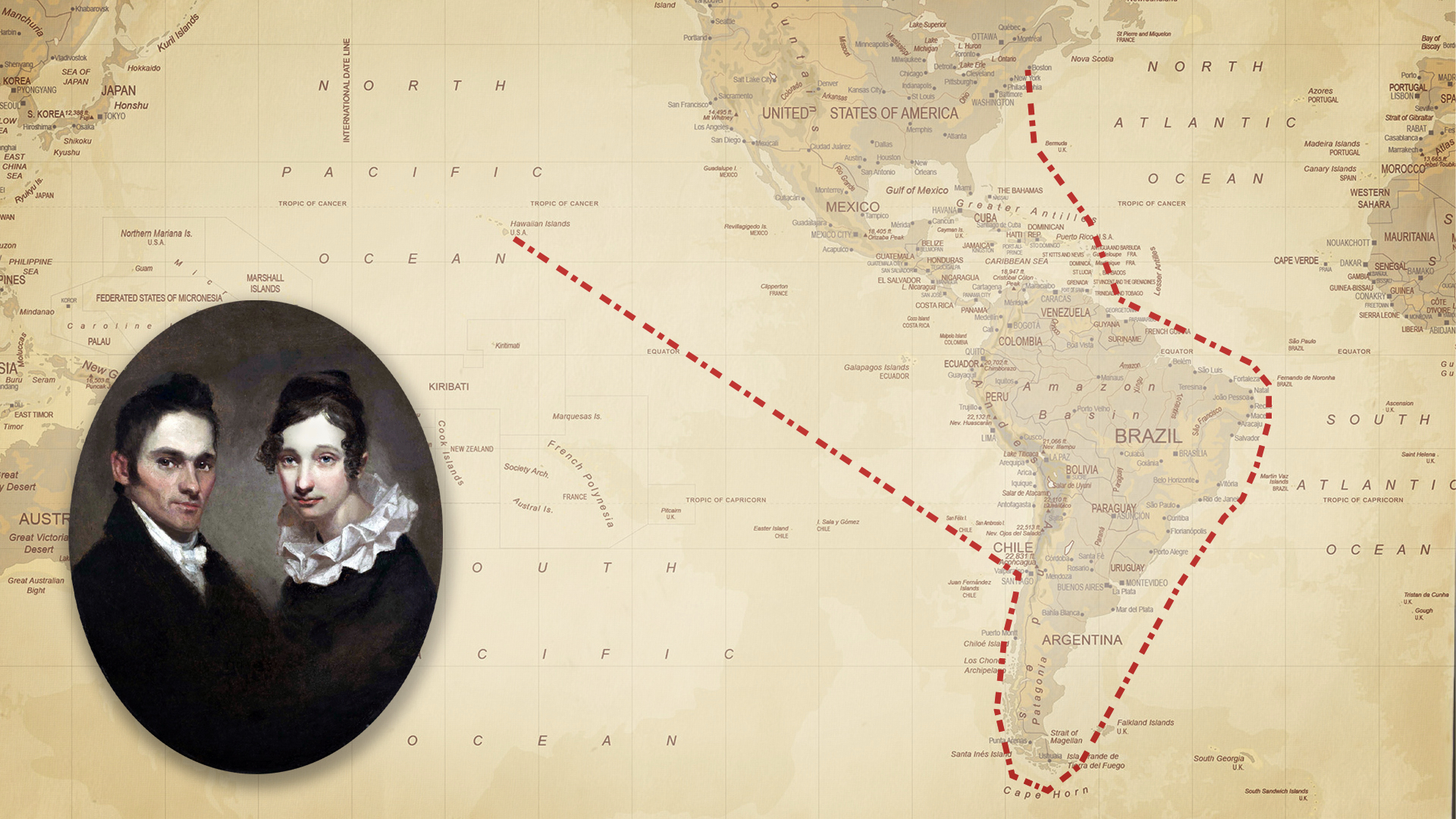
They understood that the purpose of the light was to illuminate the dark. My first misconception about the Missionaries was their motive for coming. I assumed they came to colonize Hawaii, to start better lives for themselves, and to prosper (after all, many of their descendants seem to have prospered here in the islands). What I discovered instead was a small team of young Christians with barely the clothes on their back but with an unquenchable fire in their hearts to bring the light of Jesus to an unreached people.
Jesus is still looking for men and women who are willing to say, “Here am I, send me”. Send me to the people and places that don’t yet know you Lord. I want to shine your light to a broken and hurting world.
2. A HEART OF SERVICE IGNITES SALVATION.
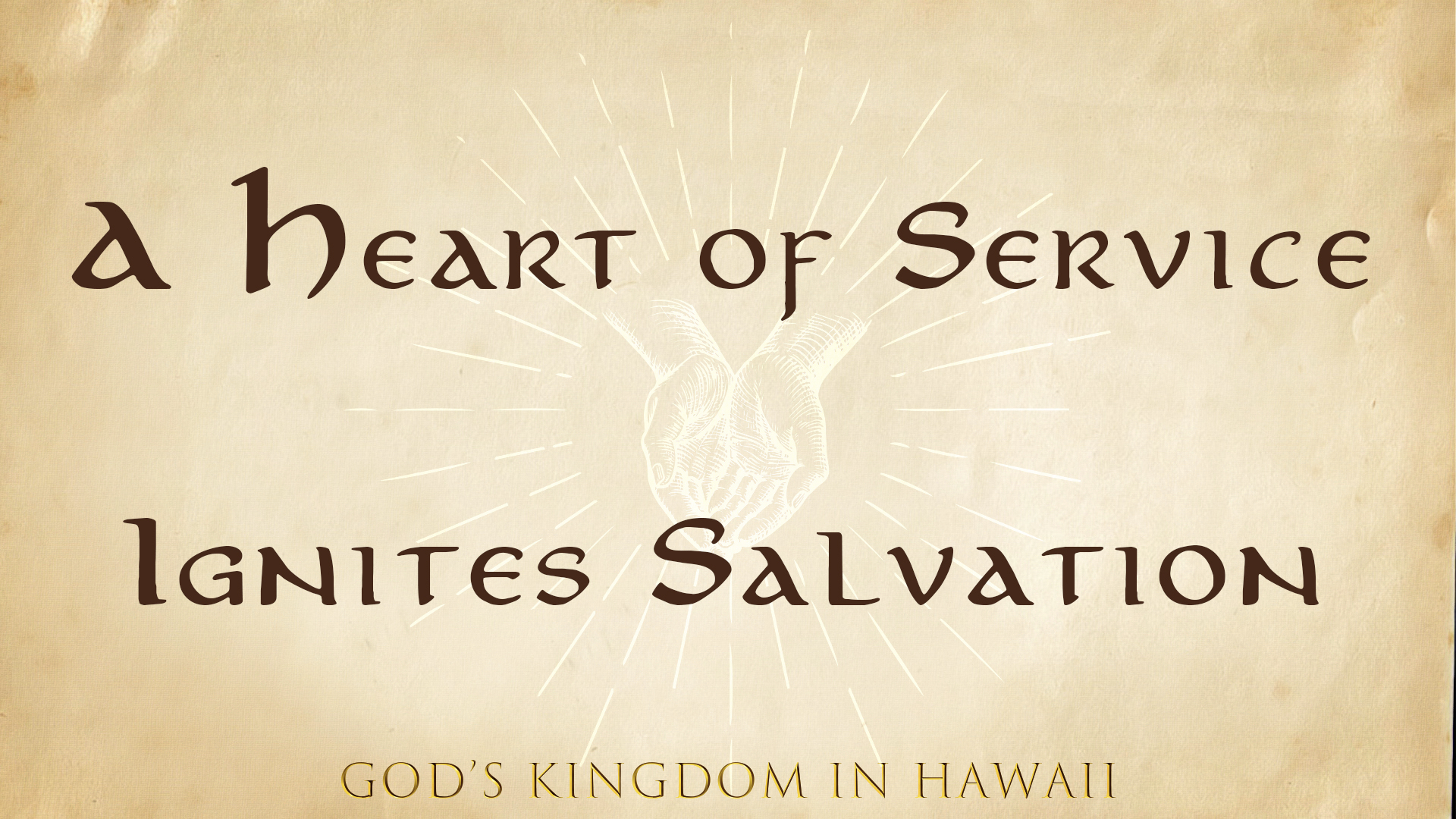
As a senior in Bible College, I remember sitting in front of a panel in order to be licensed to preach the gospel on behalf of the Foursquare Church. In order to receive your license you need to have a designation of where you will minister upon graduating. The plan was for me to graduate and come back to this Church for an internship. I remember after the licensing process the panel gathered to congratulate me saying, “Mark, we hereby commission you to preach the gospel in [checking my designation on the form] Hawaii!” One of the women on the panel cheered in celebration, another laughed aloud while the third rolled his eyes sarcastically. To many people today, being sent to Hawaii to minister sounds more like a vacation than a calling.
But what kind of Hawaii did the first missionaries find when they arrived? Well, 42 years before the first missionaries arrived, foreign explorers, traders, and whalers came to Hawaii (beginning with Captain Cook in 1778).
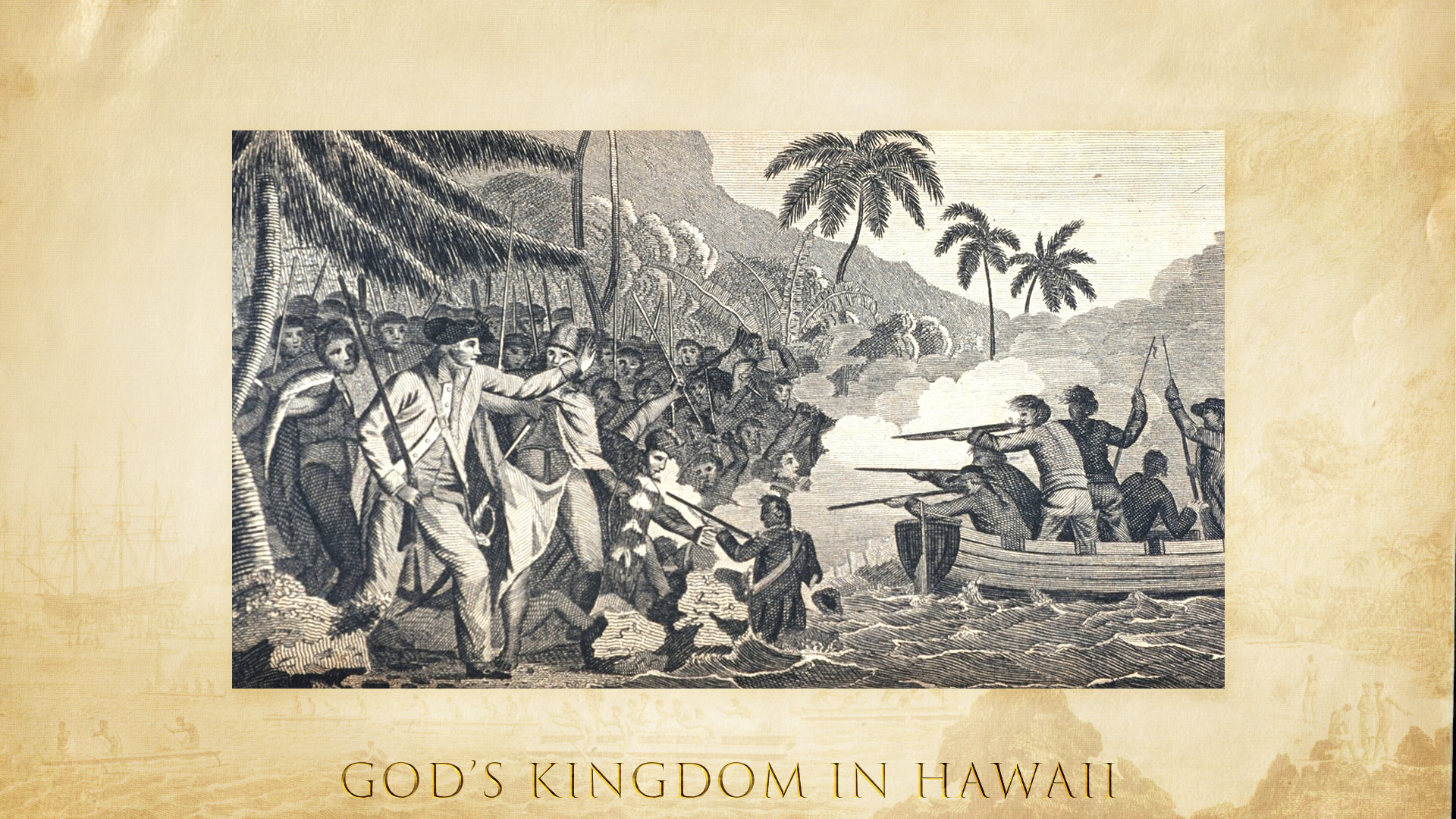
These foreigners brought new goods, materials, ideas, and also diseases. In just a short time the Hawaiian population had been cut from 300,000 to 140,00 due to western diseases. Many sailors exchanged goods for other services from Hawaiian women, which introduced other diseases that led to infertility. The foreign sailors and traders also influenced the Hawaiian religious system.
King Kamehameha the Great died 6 months before the arrival of the first missionaries. His son Liholiho was named successor. Queen Kaʻahumanu (King Kamehameha’s favorite wife) along with Liholiho’s mother (Keopualani), and Prime Minister Kalanimoku decided to abolish the kapu system from the land.
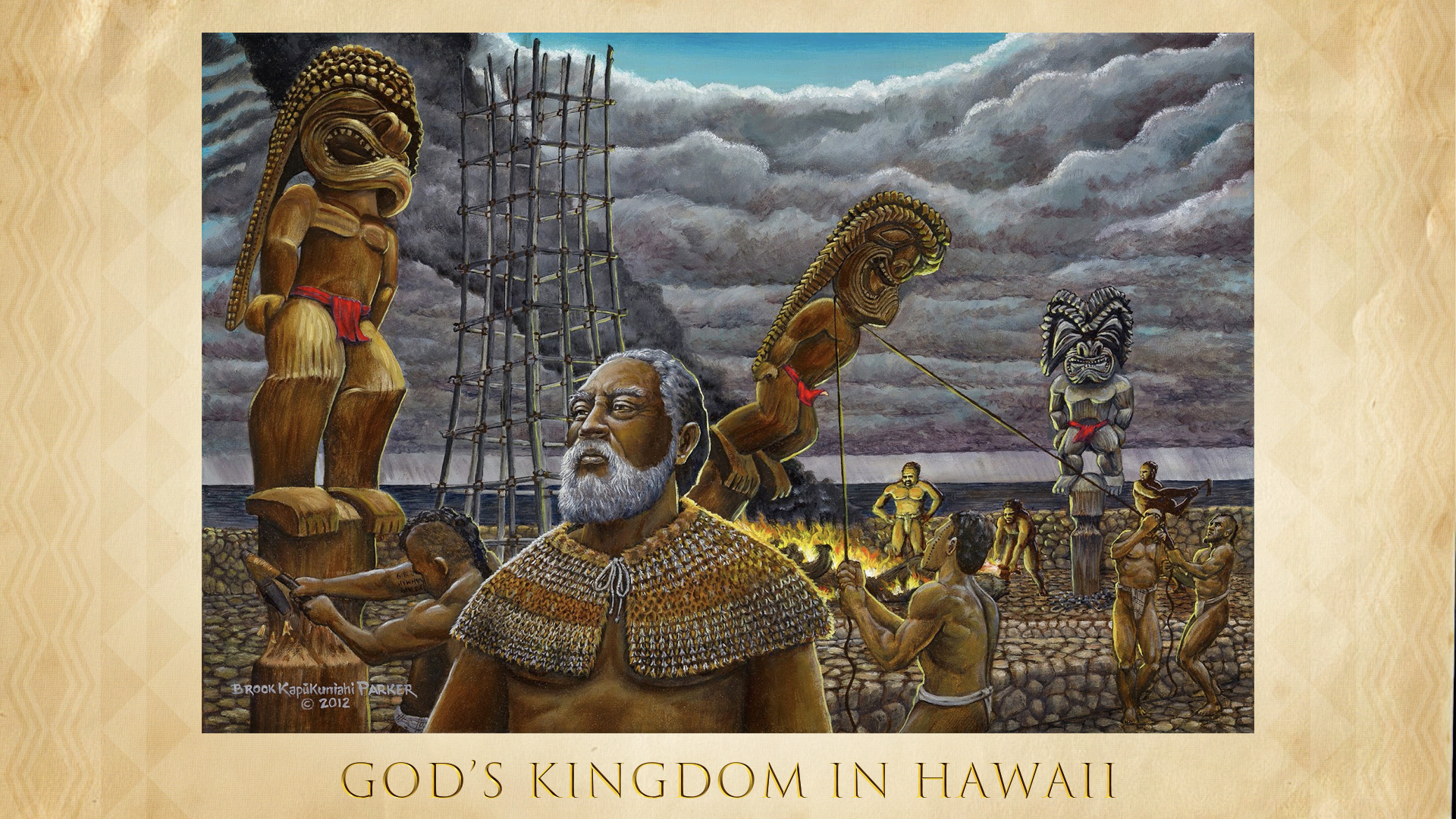
They figured the foreigners did not observe kapu restrictions and the gods did not punish them. The gods were also not protecting the Hawaiian people from disease. So because the kapu system banned women from eating with men as well as eating certain foods, these royal women gathered the sons together and ate tabu foods with them to signify to the people that the kapu system was no more. Hewahewa (High priest to the king) began burning the temples, dismantling the heiaus and destroying the idols.
The first missionaries believed they were coming to contend with Kamehameha the Great, the kapu system, and all of the idols but all of that ended 6 months before the Missionaries arrived. God was plowing the earth for new seeds to be planted. My second misconception was that the Missionaries overthrew the Hawaiian religious system but it was the Hawaiian monarchy that abolished the kapu system before the missionaries arrived and now they were ready for a new faith.
However, before the missionaries could preach the gospel, they realized there were many needs that needed to be met. Dr. Holman, the Doctor that came with them had his hands full treating diseases. The women established a school to teach the Hawaiian people to read and write. Their mission was to teach them the gospel but also to educate them against being taken advantage of by the whalers and traders. The four Native Hawaiian missionaries played a huge role in creating bridges between the two peoples.
“16 In the same way, let your light shine before others, that they may see your good deeds and glorify your Father in heaven,” (Matthew 5:16 NIV).
Like the missionaries, God is calling each of us to bring His light to unreached places. But we aren’t just called to preach the gospel but to live it. God has called each of us to be His ambassadors — to bring His healing and light to everyone we encounter.
The Hawaiian people were used to armed sailors and traders who took advantage of them and left them with diseases. The missionaries came completely unarmed and ready to serve. Because of this, some of the very first converts to Christianity were Liholiho, Queen Kaʻahumanu, Keopualani, and a High Chieftess in Hilo named Kapiolani. Hiram Bingham was also the architect for Kawaiahaʻo Church and at the centennial memorial (100 years ago) they included this slab on the side of the Church on behalf of the Hawaiian people honoring his legacy of preaching the very first sermon in this city, aiding to create a written language for the Hawaiian people, translating most of the Bible into Hawaiian, baptizing a thousand converts, and more.
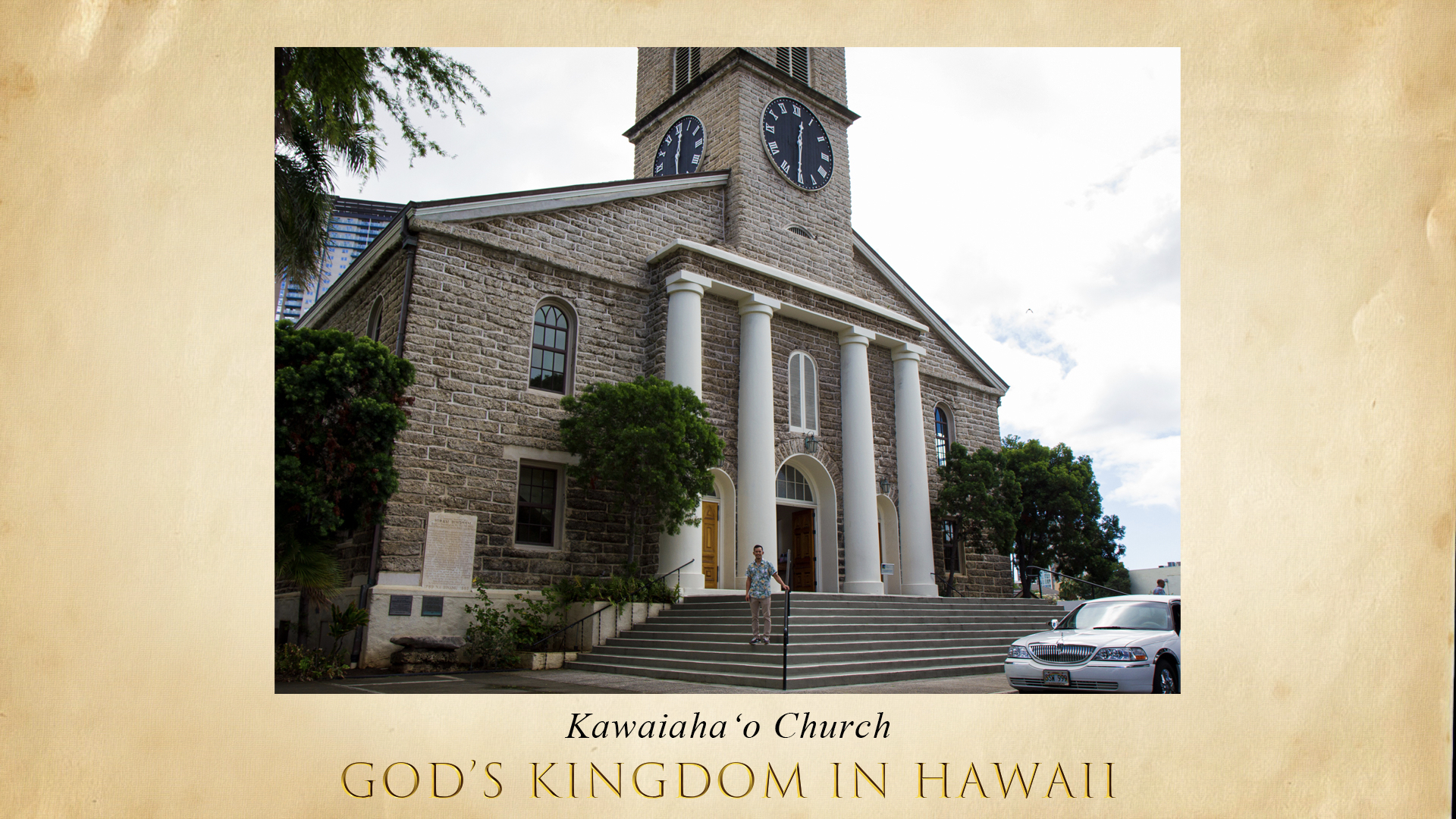
Though he designed the Church, Hiram Bingham never got to see its dedication and opening although he was there when they laid the cornerstone, beneath which they placed a Hawaiian Bible. When we serve, it opens the doors to salvation.
3. A LASTING LEGACY PASSES THE TORCH.
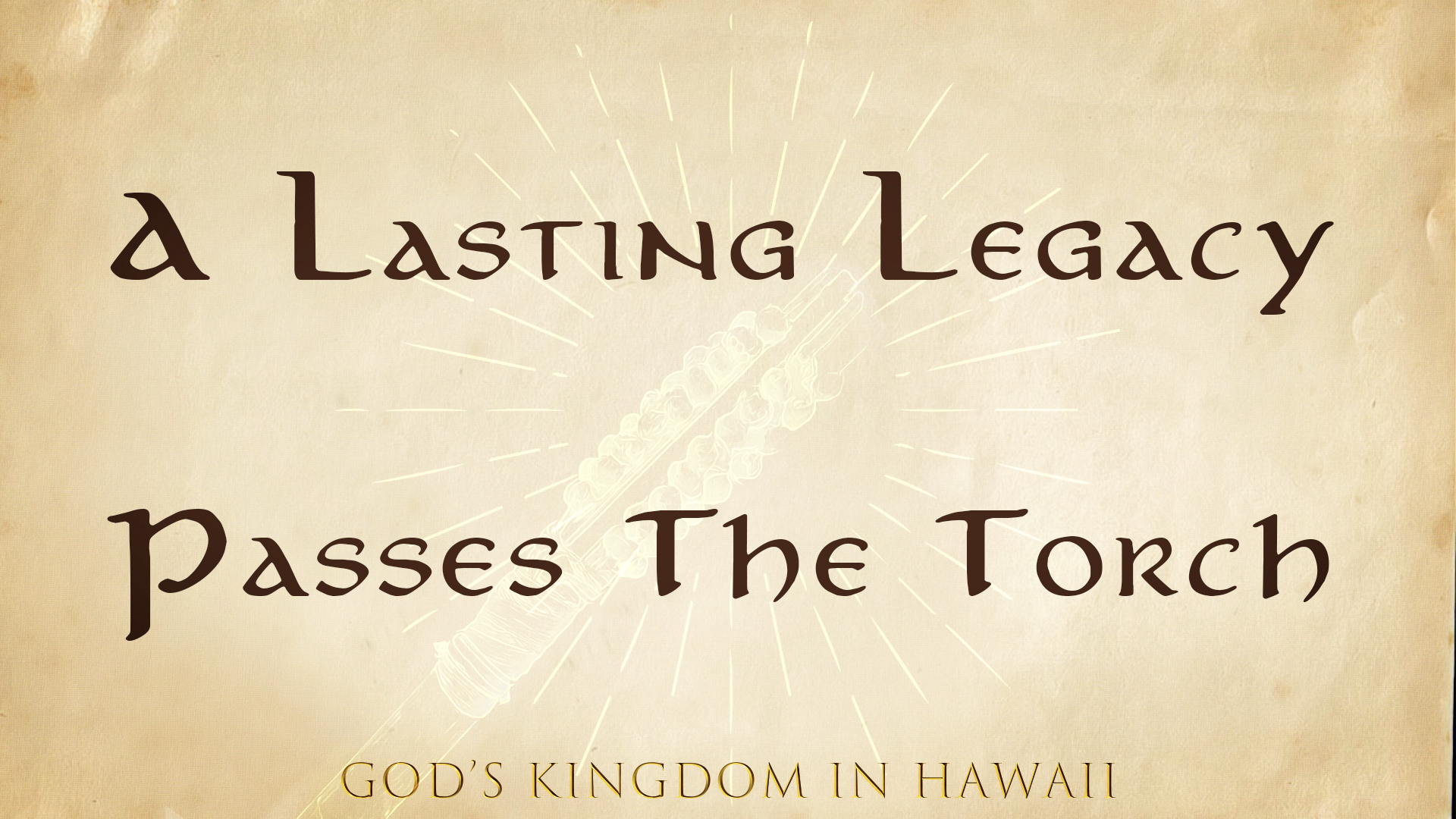
“10After that whole generation had been gathered to their ancestors, another generation grew up who knew neither the Lord nor what he had done for Israel.”
Sadly, like the children in Israel who knew neither the Lord nor what He had done the generation before, almost none of the children of the Missionaries chose to follow their parents into the missionary field, and many rejected the Christian faith. Nearly all of them supported the annexation of Hawaii despite their parents’ hope that the islands would remain sovereign.
These later generations began to alienate themselves from the same Hawaiian people their parents worked so hard to build fellowship with and began securing disproportionate economic and political power. When we forget where we came from, we too will drift. That is why it is so important to pass the fire.
Before electricity, the people of Hawaii would create light using the Kukui nut. Hawaii’s fisherman would make lamalama torches by stringing together dried kukui nut meat and securing it to a split bamboo. Once lit, a single Kukui nut would burn for five to eight minutes while the hot oil trickled down to ignite the next nut. These clusters were secured with leaves to fashion a torch that could last throughout the night. These strings of Kukui nut were also used as a way of tracking time as the oil from each nut would ignite the next.
Every one of us has been called to illuminate the darkness around us for the time we are here. As we shine for Jesus, we also need to ensure that we pass the oil (which in scripture represents the anointing of the Holy Spirit) to those who come after us so that they will continue to burn well after we’re gone. The story of the first Missionaries (including Hawaiian Missionaries Thomas Hopu, William Kanui, John Honolii, and George Kaumoalii) teach us the power of a life on fire for Jesus. Are there people in your life who are yet unreached for Jesus? How will we continue the work today? They also teach us that shining often means serving and that serving opens the doors to saving. It is through our love that people are won to the gospel. But finally, we must always remember to retell the stories of what God has done. Before we know it another generation will take our place. Why kind of Hawaii will our children inherit? What kind of children will our Hawaii inherit? I pray that our children’s children will continue to shine the light of Christ for generations to come.
“Never has the Prince of Darkness yielded any portion of his territory for the purpose of giving the Messiah possession there, without involving the soldiers of Christ in personal danger, and never have they carried their conquest very far, without much self-denial, cross-bearing, and personal exposures.”
– Hiram Bingham
Download Audio
Download PDF
